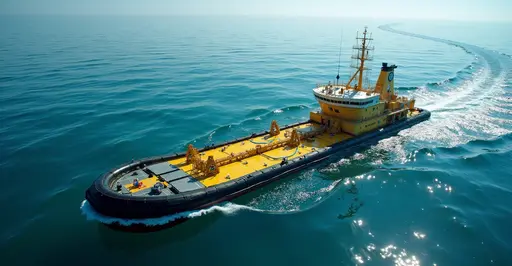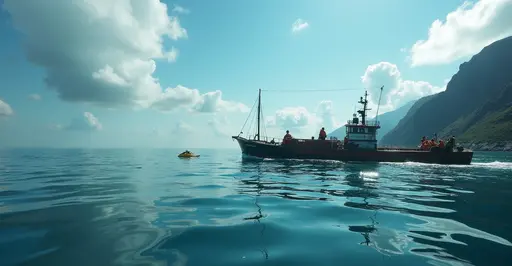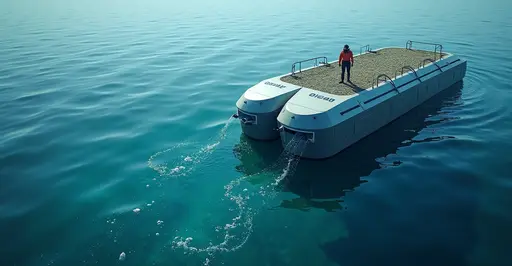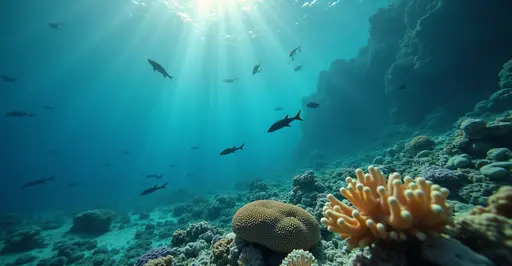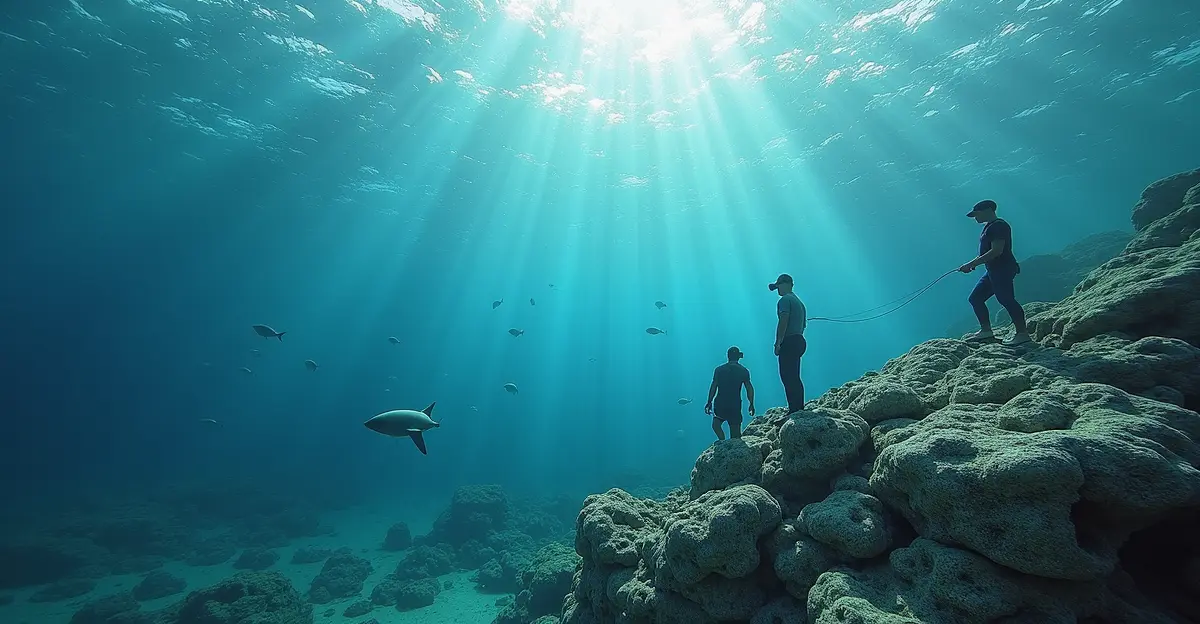
International Coalition Forms to Address Marine Ecosystem Threat
A groundbreaking global alliance has been established to tackle the growing threat of ocean acidification, bringing together scientists, policymakers, and conservation organizations from over 40 countries. The initiative represents the most comprehensive international effort to date to address the chemical changes occurring in the world's oceans due to increasing carbon dioxide absorption.
The Science Behind Ocean Acidification
Ocean acidification occurs when the ocean absorbs carbon dioxide from the atmosphere, leading to chemical reactions that increase seawater acidity. Since the Industrial Revolution, the pH of ocean surface waters has decreased by approximately 0.1 units, representing a 26% increase in acidity. This change threatens marine organisms that rely on calcium carbonate for shells and skeletons, including corals, mollusks, and some plankton species.
Alliance Objectives and Strategies
The newly formed alliance will focus on three primary areas: coordinated research efforts, policy development, and public awareness campaigns. Member nations have committed to sharing data, developing standardized monitoring protocols, and creating early warning systems for vulnerable marine ecosystems. The alliance will also work to integrate ocean acidification considerations into existing climate agreements and marine protection frameworks.
Immediate Action Plan
Initial projects include establishing a global network of monitoring stations, developing predictive models for acidification hotspots, and creating restoration protocols for affected coral reefs. The alliance has secured initial funding of $500 million from participating governments and private foundations, with additional contributions expected as more countries join the initiative.
Economic and Ecological Implications
Ocean acidification poses significant risks to global food security and economic stability. Coral reefs alone support approximately 25% of marine species and provide coastal protection, tourism revenue, and fishing opportunities worth billions annually. The alliance estimates that unchecked acidification could cost the global economy over $1 trillion by 2050 through impacts on fisheries and marine ecosystems.
Collaborative Research Efforts
Research institutions from leading oceanographic centers will collaborate on developing innovative solutions, including exploring the potential of ocean alkalinity enhancement and other geoengineering approaches. The alliance will also support studies on species adaptation and the development of acidification-resistant marine organisms.
This unprecedented collaboration represents a critical step forward in addressing one of the most pressing but often overlooked consequences of climate change. By combining scientific expertise with policy action, the alliance aims to create measurable progress in protecting marine ecosystems for future generations.

 Nederlands
Nederlands English
English Français
Français Deutsch
Deutsch Español
Español Português
Português



